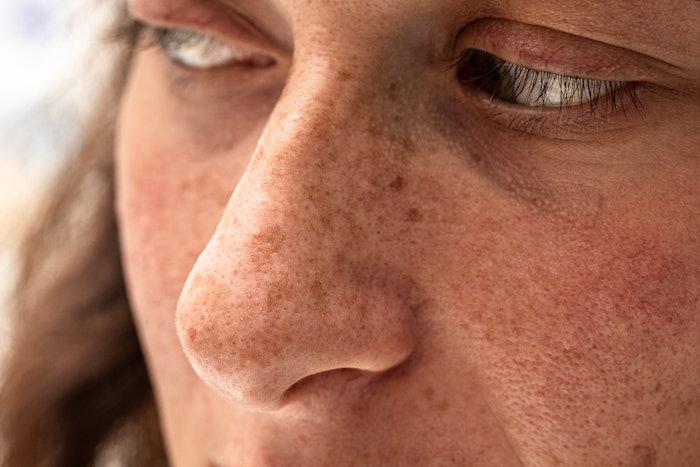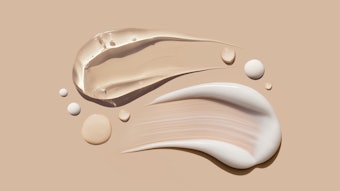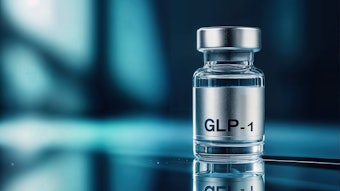
The beauty industry is evolving with a focus on sustainability, effectiveness and science-based products, creating escalating demand for biotech ingredients for sectors such as sun care and skin tone correctors.
This article is only available to registered users.
Log In to View the Full Article
The beauty industry is evolving with a focus on sustainability, effectiveness and science-based products, creating escalating demand for biotech ingredients for sectors such as sun care and skin tone correctors.
According to recent projections, the global market for biotech ingredients—including those used in cosmetics—is estimated at US $2.59 billion in 2025, with expectations to reach $5.10 billion by 2034, accelerating at a CAGR of 7.83% from 2025 to 2034.a This growth reflects increased investment in precision fermentation, green chemistry and AI-assisted bioactive development.
Precision Fermentation-derived Beta Glucan
Layn Natural Ingredients recently inaugurated an expanded biotechnology facility, which will significantly enhance the company's capabilities in precision fermentation and enzyme production. The first innovation to emerge from the facility is Galacan, a next-gen beta glucan.
Galacan is described as a highly bioavailable water-soluble heteropolysaccharide, developed as a powerful alternative to traditional beta glucans. According to the company, unlike beta glucans derived from oats, yeast, algae or mushrooms, Galacan is created via precision fermentation, forming a unique spiral-shaped heteropolysaccharide.
This structure is said to enhance receptor interaction on immune cells, improving both bioavailability and efficacy. According to the company, the ingredient marks a major advancement in the field of immune and metabolic health.
Applications include dietary supplements, functional foods, beverages and personal care.
“The expansion of our biotechnology facility marks a pivotal step for Layn, enabling us to set new standards in natural ingredient development,” said James Roza, chief scientific officer at Layn Natural Ingredients.
AI-driven Peptide Design for Acne Control, Skin Aging, and Oral and Intimate Care
MetaNovas Biotech recently presented its AI-driven peptide portfolio. In addition to three previously described ingredients,the company highlighted four innovations demonstrating advances in microbial harmony, cellular senescence, oral microbiome regulation and inflammation control.
ClearAcne Magic is designed to restore microbial harmony in acne-prone skin to effectively support the prevention of blemishes. More specifically, the ingredient regulates sebaceous gland activity and inhibits Cutibacterium acnes. In addition, it prevents NO production and IL-6 and IL-1β activation, thereby reducing inflammation. According to the company, the precise microbial management provides a non-irritating solution, making ClearAcne Magic suitable for sensitive skin.
Inspired by senomorphic and senolytic science, OmniYouth is said to tackle signs of aging at the cellular level. This rejuvenating peptide targets senescent cells, which are often key contributors to age-related skin concerns such as reduced elasticity and UV-induced damage.
Per the company, the ingredient acts by: decreasing the expression of inflammatory factor NF-κB, inhibiting microbial lipopolysaccharides (LPS) that cause skin irritation; neutralizing ROS to prevent damage caused by oxidative stress; repairing and reducing UV-induced skin damage; reducing inflammation and cellular damage, while also increasing the expression levels of LMNB1 and COL 1A 1; and inhibiting cellular senescence, as demonstrated through a reduction in senescence-associated β-galactosidase.
PureSmile addresses a lesser-explored frontier in cosmetic solutions—oral health. The peptide is designed to regulate the oral microbiome, paving the way for a healthier smile. In particular, the ingredient targets microbial dysbiosis by selectively inhibiting gingival pathogens. What's more, it inhibits NO production, exerting an anti-inflammatory effect.
According to the company, this innovation carries implications not just for maintaining fresh breath, but also for oral hygiene support in broader personal care contexts.
Finally, designed for intimate personal care, IntimateGuard offers antibacterial and anti-inflammation effects specifically for the delicate vaginal area. The ingredient reportedly can selectively absorb and destroy harmful bacteria such as Escherichia coli, Staphylococcus aureus and Candida albicans without causing resistance.
Through its gentle mechanism of action, IntimateGuard also reduces inflammation without compromising the natural protective barrier of sensitive skin. In addition, according to the company, it does not inhibit probiotics and preserves the integrity of beneficial vaginal microbiota, such as Lactobacillus acidophilus.
This ingredient is said to strike a balance between efficacy and sensitivity, providing formulators with an option for intimate care products addressing discomfort, irritation and overall skin health.
FOOTNOTE
awww.cosmeticsandtoiletries.com/cosmetic-ingredients/natural-sustainable/news/22945839











